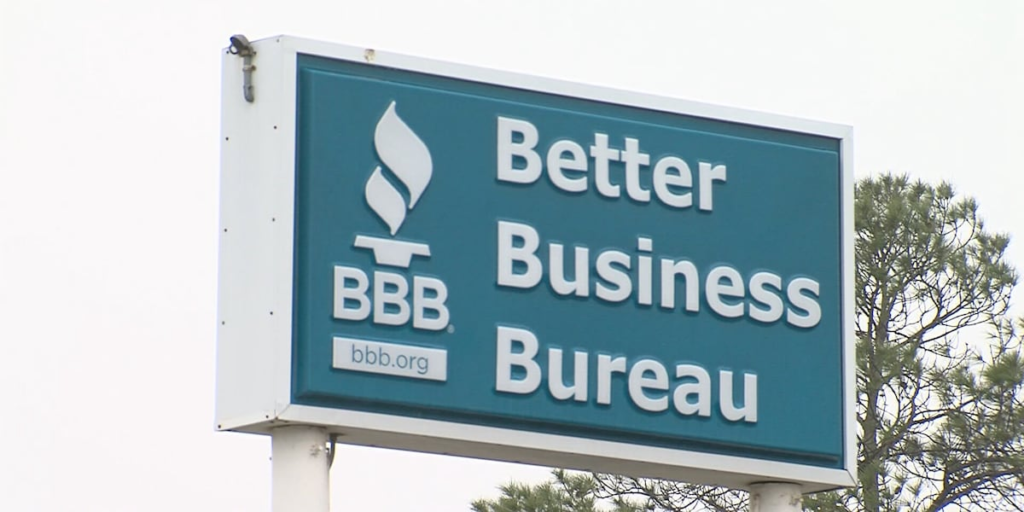WICHITA FALLS, Texas (KAUZ) – In the ever-evolving landscape of online commerce, consumers are increasingly falling victim to virtual vehicle vendor scams, particularly in the classic car market.
The Better Business Bureau (BBB) issued the warning after seeing a notable increase in such fraud over the past year.
According to a recent report released by the BBB, scammers are exploiting vehicle history reports to steal money and sensitive information from unsuspecting buyers. Cosme Ojeda, BBB's director of operations, highlights an alarming trend, saying fraudsters are increasingly relying on fake websites carefully designed to imitate legitimate online marketplaces. did.
“I saw the ad on social media and it's the car I've been looking for. It's a nice car that gets a lot of attention. It's reasonably priced and I think it'll sell quickly,” Ojeda said.
Classic car enthusiasts, in particular, are prime targets for these scams, lured by promises of rare vehicles at bargain prices and the convenience of nationwide shipping. The report highlights scammers' emergency tactics of forcing buyers to make hasty decisions to avoid scrutiny.
“Scammers are actually creating fake websites with vehicle history information. 'Now you can see the history of this vehicle on this website and make sure it's clean. You’ll see,’” Ojeda said.
From 2021 to 2023, nearly 700 reports were filed on BBB's Scam Tracker regarding unauthorized vehicle sales, escrow fraud, and counterfeit vehicle reports. The median financial loss caused by these scams was a whopping $12,600.
To avoid falling victim to these scams, the BBB urges consumers to exercise caution, inspect vehicles in person, and avoid peer-to-peer payment methods. Using payment methods that offer protection, such as credit cards, can reduce the risk of financial loss.
For more information, please visit the BBB website.
Copyright 2024 KAUZ. Unauthorized reproduction is prohibited.


